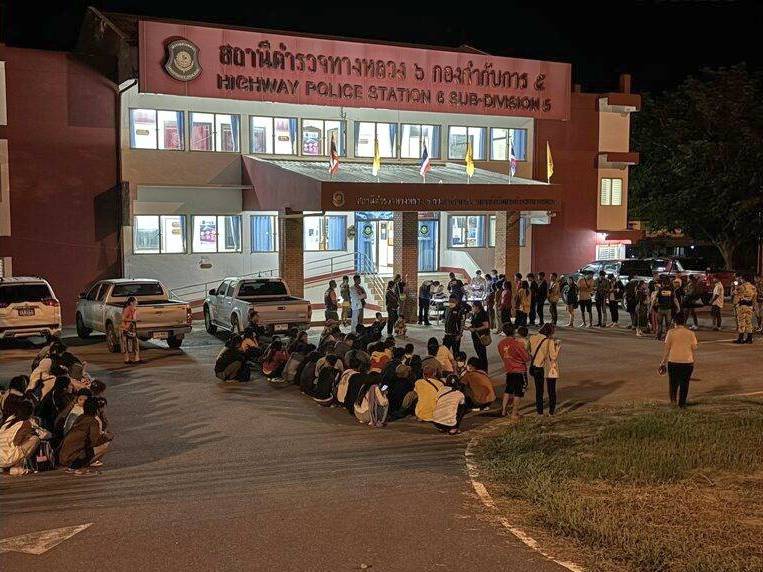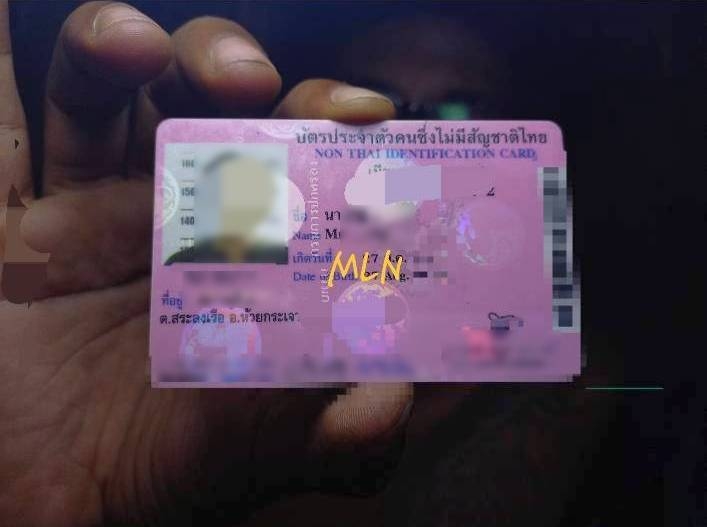
The Thai government has at long last begun the issuing of official identification cards to Myanmar economic migrants even if they entered illegally. In the past, hundreds of thousands of such workers and their families have been deported and dumped en masse to the Myanmar border where they were subject to reprisals from the ruling junta and often forced into the army to fight the raging insurgency.
Spokesman for the migrants, U Moe Kyaw, confirmed that the u-turn policy was now in force. Illegal immigrants were now able to apply to the Thai Department of Employment for a pink card, initially for one year and able to be renewed. The only criterion is that they must prove they are Myanmar nationals by, for example, producing their Myanmar ID card or birth certificate. Additionally, Myanmar workers who already hold two-year residence set to expire in February 2025 will be able to extend another 24 months.
The abuse of migrants fleeing Myanmar has been a major scandal for years, particularly since the military coup there in 2021. The junta has attempted to stop the emigration by refusing to issue passports or to cooperate in signing counter-signing certificates of entry which were necessary to leave by proper border posts. There have been countless tales of abuse inside Thailand with fearful migrants being forced to pay bribes to the local police in border areas.

However, some migrants are still at risk. They need the sponsorship of a properly registered Thai employer to seek the pink card and, if they quit, must find alternative employment within 60 days (formerly 30). Moreover, they must avoid working in occupational sectors which are reserved for Thai nationals only. These include hairdressers, tour guides, masseurs and taxi drivers amongst others. Those immigrants who fall into the trap of working online in gambling and fraud scams will still be subject to Thai jail sentences and deportation.

The Ministry of Labour says there are about 2.5 million Myanmar workers employed legally in Thailand, with perhaps twice that number working without adequate documentation. Immigrant labour is essential for large sectors of the Thai economy including fisheries, factories, construction and retail. The pink card, once issued, covers holders for some basic human rights and the right to hospital treatment via Thailand’s social security system.
A spokesperson for Human Rights Watch told Pattaya Mail the announced reform should have happened long ago as illegal workers face immense struggles and live in constant fear. “Many migrants are focused on survival rather than becoming wealthy,” he said. Meanwhile, the Myanmar junta has announced further hostile measures. These include banning Myanmar students in Thailand from being able to renew their passports in Thailand and trying to coerce workers abroad into sending a quarter of their wages back home.








